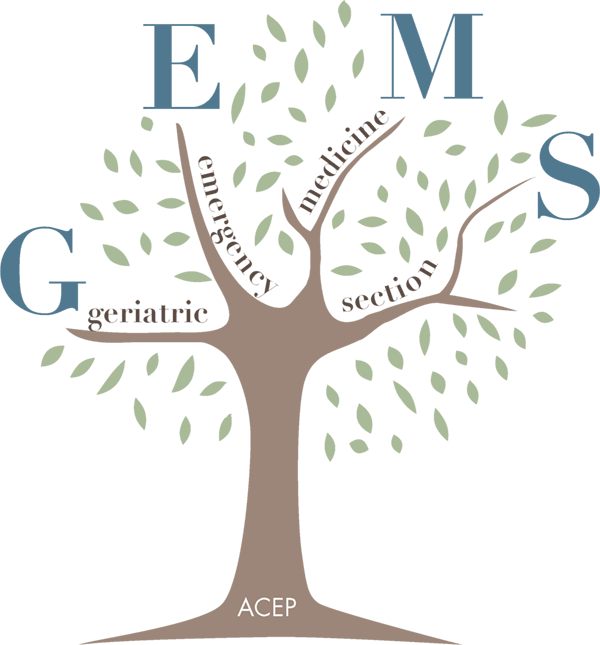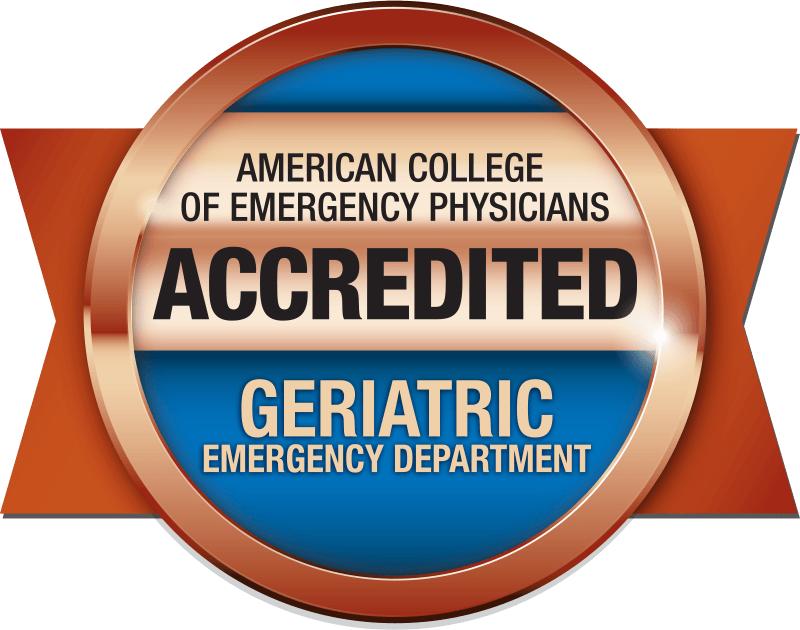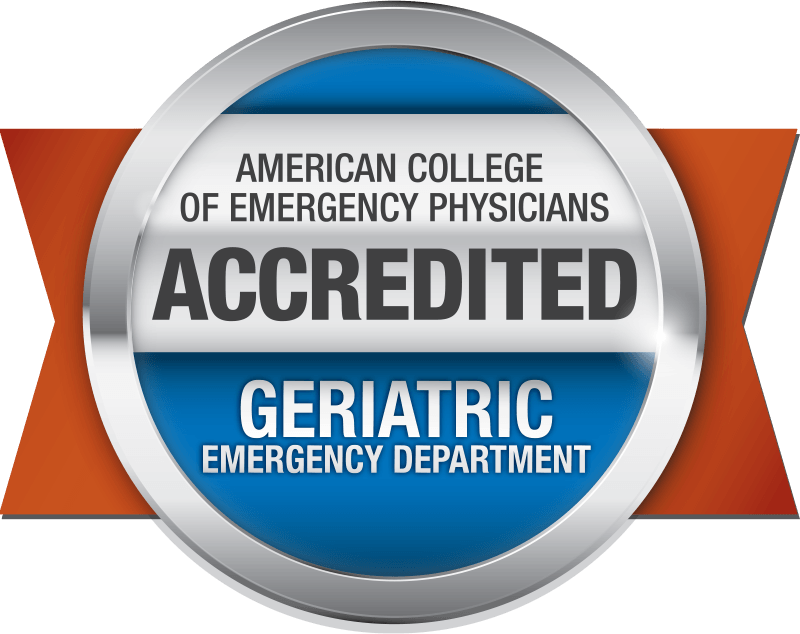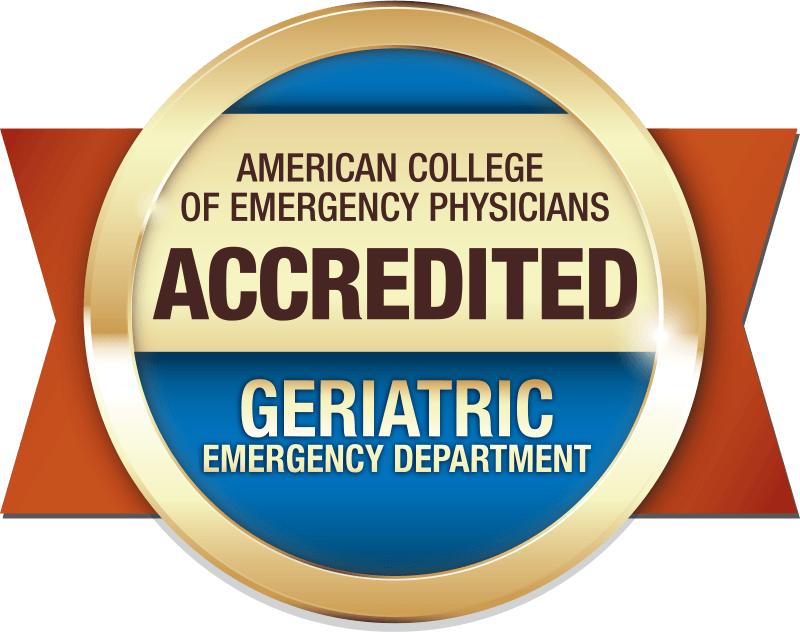GEDA Home
Seniors make contact with the health care system at many points – perhaps none as frequently or as importantly as the emergency department.
Populations around the world are living longer now than ever before, and in the US it is estimated that 10,000 Baby Boomers are turning 65 every day. This demographic shift brings challenges to healthcare systems as older adults visit emergency departments (EDs) at comparatively higher rates than non-seniors, often present with multiple chronic conditions, are at increased risk of polypharmacy, and suffer from complex social and physical challenges. Seniors make contact with the health care system at many points – perhaps none as frequently or as importantly as the emergency department.
The concept of a geriatric emergency department has developed in the past decade as hospitals recognize that one size ED care does not fit all. Older people in the ED have presentations, needs, dispositions, and outcomes that are quite specific to them. A geriatric ED may be either a separate space designated for older adults, or more likely, the integration of best practices for older adults into an existing ED.
Geriatric EDs embrace a variety of best practices including:
- Ensuring geriatric-focused education and interdisciplinary staffing
- Providing standardized approaches to care that address common geriatric issues
- Ensuring optimal transitions of care from the ED to other settings (inpatient, home, community-based care, rehabilitation, long-term care)
- Promoting geriatric-focused quality improvement and enhancements of the physical environment and supplies
Becoming a geriatric ED will improve the care provided to older people in your ED and ensure the resources to provide that care are available. It also signals to the public that your institution is focused on the highest standards of care for your community’s older citizens.
Apply TodayGED Accreditation List (xlsx) Getting Started & Review Process Guide
Health Equity Statement

The Geriatric Emergency Department Accreditation (GEDA) and Geriatric Emergency Department Collaborative (GEDC) are dedicated to advancing health equity for older populations. We are committed to ensuring unbiased, inclusive, and high-quality emergency care for all, regardless of identity, ability, or background. Through education, training, and collaboration, GEDA and GEDC strive to eliminate health disparities, foster diverse and inclusive ED environments, and address the unique needs of underserved and marginalized communities.
Learn about GEDA Accreditation Levels
To learn more about the criteria for geriatric ED accreditation, see the accreditation criteria available below.







